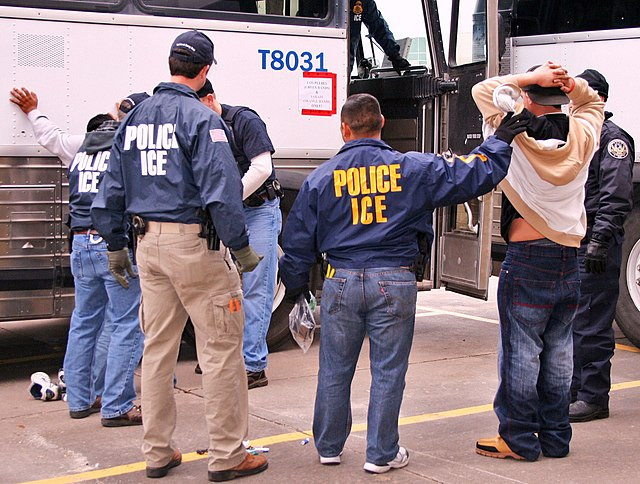In a significant legal victory for Catholic migrant shelters, a judge in Hidalgo County, Texas, denied a request from Texas Attorney General Ken Paxton to depose a leader of Catholic Charities of the Rio Grande Valley (CCRGV) on Wednesday. The decision marks the latest defeat in a Republican-led investigation targeting these shelters.
District Judge Bobby Flores ruled against the petition, which followed arguments from CCRGV's lawyers that the nonprofit had already cooperated with the investigation by providing over 100 pages of documents. They also contended that the deposition request imposed "a significant expenditure of resources" on the agency and its mission.
"We hope that we can put this behind us and focus our efforts on protecting and upholding the sanctity and dignity of all human lives while following the law," stated Sister Norma Pimentel, executive director of CCRGV, in a press release. Pimentel, a member of the Missionaries of Jesus, has been recognized for her extensive work with migrants, including being named one of Time Magazine's 100 Most Influential People of 2020.
The investigation stems from a notice sent by Paxton's office to CCRGV on March 25, demanding a representative sit for a deposition. This notice was issued on the first weekday of Holy Week, a period typically filled with significant religious observances. Paxton's office did not respond to requests for comment regarding the judge's ruling.
Governor Greg Abbott's December 2022 directive called for an investigation into the "role of NGOs in planning and facilitating the illegal transportation of illegal immigrants across our borders." This directive is part of Abbott's Operation Lone Star initiative, launched in 2021, which has deployed thousands of Texas soldiers at the border to deter migrant crossings.
Paxton's office cited a letter from Texas Republican Congressman Lance Gooden, accusing Catholic Charities USA of encouraging illegal immigration. This broader campaign against Catholic Charities has led to threats against several agencies.
Kerry Alys Robinson, president and CEO of Catholic Charities USA, criticized the investigation, stating, "The targeting of this faith-based agency and broader attacks on the Catholic Church should deeply concern Catholics, religious liberty advocates, and all people of goodwill."
In the legal filing, CCRGV's lawyers emphasized that their services to asylum seekers are religiously motivated and comply with the law. They noted the organization's close cooperation with U.S. Customs and Border Protection and pointed out that all migrants they serve have been processed by the federal government.
The legal battle follows a similar case involving Annunciation House in El Paso, Texas. Paxton's office attempted to revoke the nonprofit's registration but was rebuffed by El Paso District Court Judge Francisco Dominguez, who ruled that Paxton's actions violated the U.S. Constitution and Texas Religious Freedom Restoration Act.
Dylan Corbett, executive director of the Hope Border Institute, condemned Paxton's legal tactics as a "troubling attack on religious liberty" and called for the state to pivot to humane solutions for border issues.
In response to the ruling, CCRGV reiterated its commitment to serving the community, stating, "A deposition would have been a waste of time, distracting CCRGV from its work serving all residents of the Rio Grande Valley." The nonprofit supports about 1,000 migrants weekly, sometimes accommodating up to 2,000 women and children, who usually stay only a few days before moving on.
CCRGV also assists homeless individuals, veterans, disaster victims, and children without access to school lunches. The organization's mission is inspired by Sacred Scripture and the Social Teaching of the Catholic Church, as highlighted in their statement: "For I was hungry and you gave me food, I was thirsty and you gave me drink, a stranger and you welcomed me."






